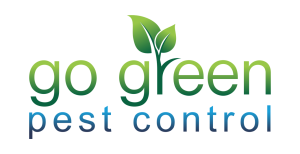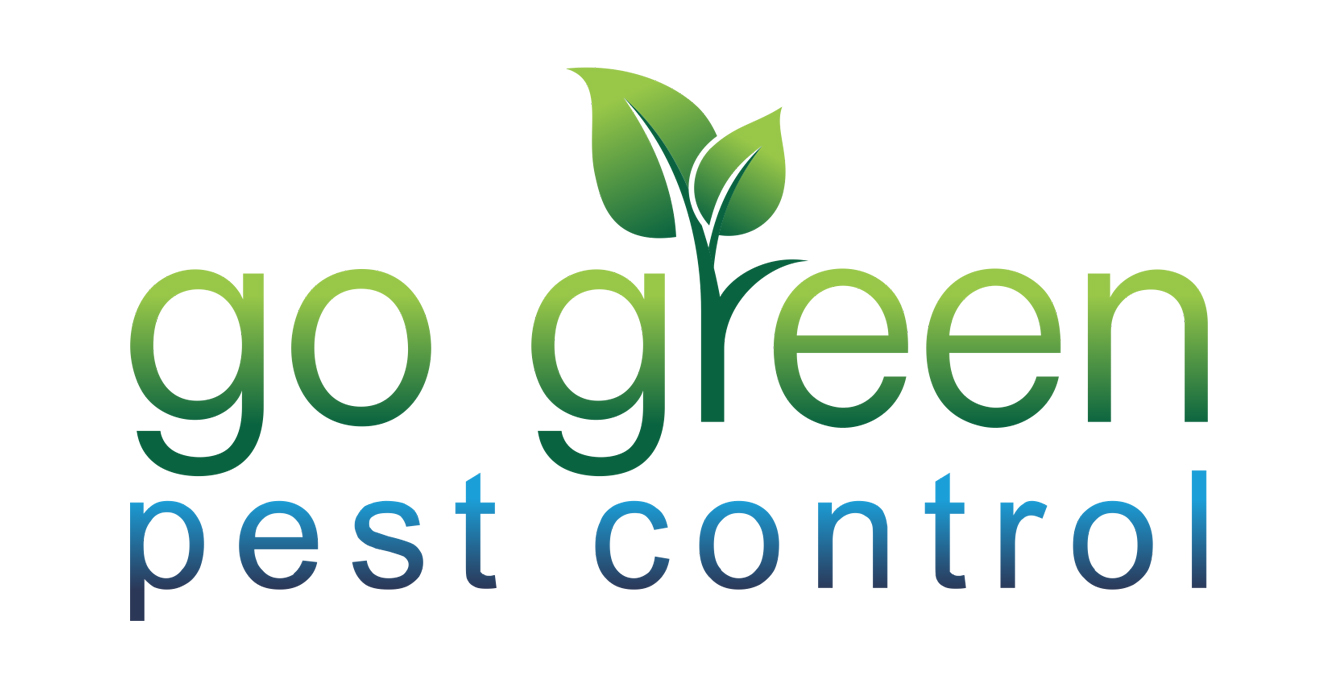The dose makes the poison
Pesticides, any substance that repels or kills a pest, come in many forms; be it natural or synthesized. The truth is that the skull-and-crossbones emblem should be on your glass of juice or cup of coffee, they all contain naturally occurring pesticides, as do many other foods we consume regularly. The term pesticides include many different -cides: herbicides (to get rid of plants), fungicide (to get rid of fungi), insecticides (to get rid of insects) and many more. Synthetic or naturally-derived pesticides are used by farmers to protect their crops from damage. Synthetic pesticides are now blamed for cancer, bee deaths and microcephaly cases (a rare neurological condition in which an infant’s head is significantly smaller than the heads of other children of the same age). Many fruits and vegetables we consume daily produce their own “natural pesticides” that kill or repel other organisms that might harm them. Whether natural or synthesized, these pesticides can harm us depending on the dosage and route of exposure. For an example: the nightshade family of plants, which also includes potatoes, tomatoes and eggplants contain anywhere from a fraction of a gram to a few grams of solanine (alkaloid toxin).
https://www.linkedin.com/pulse/dose-makes-poison-randy-bilesky?published=t
http://www.delta-optimist.com/opinion/blogs/blog-the-dose-makes-the-poison-1.2215626


